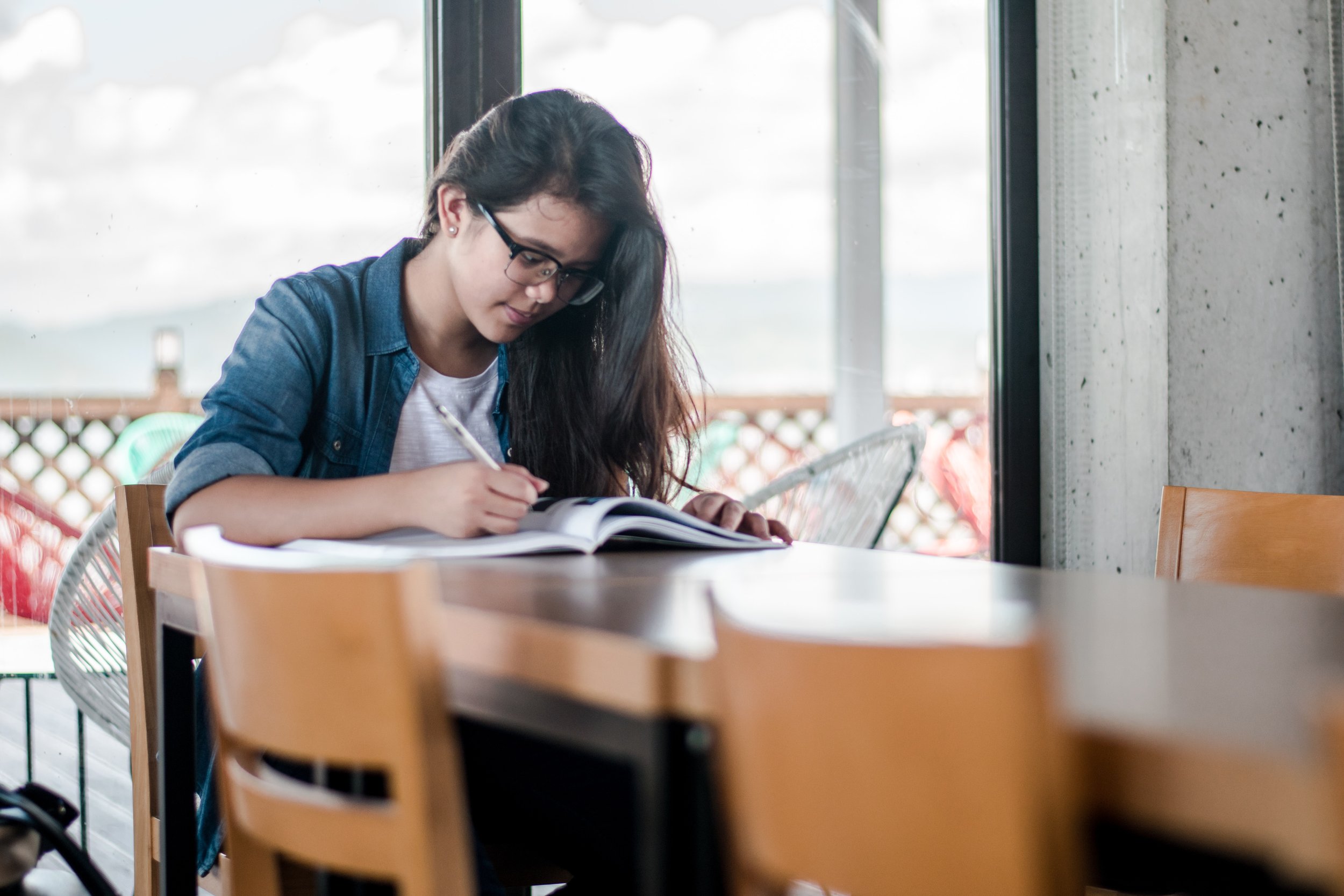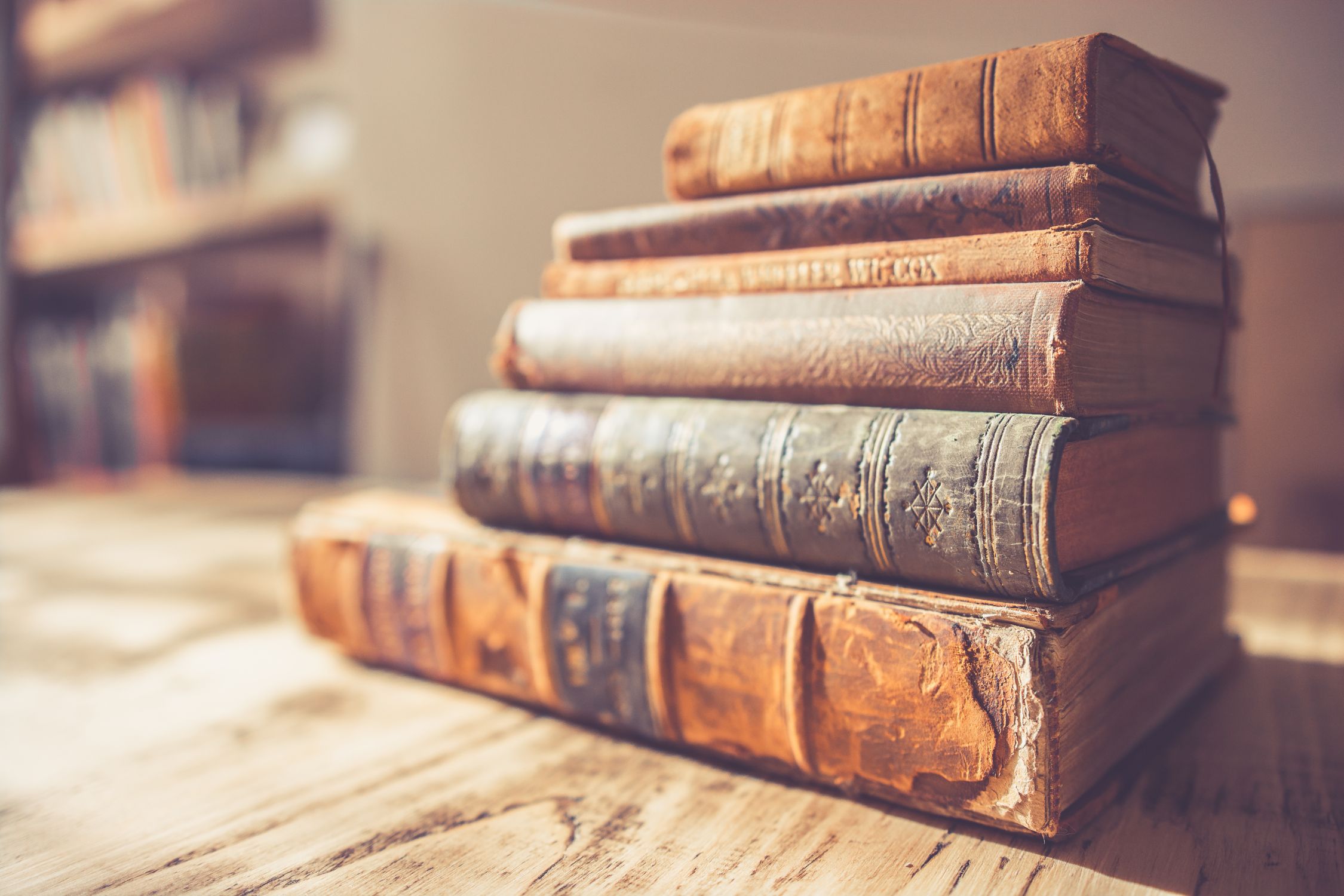In pursuing historical understanding, primary sources serve as invaluable windows into the past, offering direct glimpses of the thoughts, actions, and experiences of individuals who lived in a different time.
Developing Critical Thinking Skills
How to Avoid Plagiarism
Plagiarism is the practice of falsely representing as one’s own any language, thoughts, ideas, designs, or expression in a paper, exam, or other work. In short, it means taking someone’s else’s words, ideas, or work and passing them off as yours. There are severe consequences for plagiarism in your academic, work, and personal lives.
9 Ways to Evaluate Credible Websites
When you're conducting research online, it may be difficult to determine if a website contains credible information. Almost anyone can publish anything online, which provides a wealth of information for scholars and students. However, the ease of publication may promote information which is false, faulty, or misleading.
A Quick Guide to Writing Abstracts
How to Take Notes as You Read
When you are researching for a paper, you should take notes, not only to retain the information you are seeking but also to guide the next steps in your research strategy. I advise my students to take notes, either by putting pen to paper or by using programs like Mendeley which allow you to mark and save articles. Reading for research is never passive; it should be an active exchange in which you respond to and interrogate the text.
Conducting a Peer Review
9 Ways to Verify Primary Source Reliability
To produce sound historical research, we need reliable primary sources. Records created at the same time as an event, or as close as possible to it, usually have a greater chance of being accurate than records created years later, especially by someone without firsthand knowledge of the event. When you are conducting research, you want to corroborate the contents of the document you are working with with information from other sources that have been proven to be legitimate













